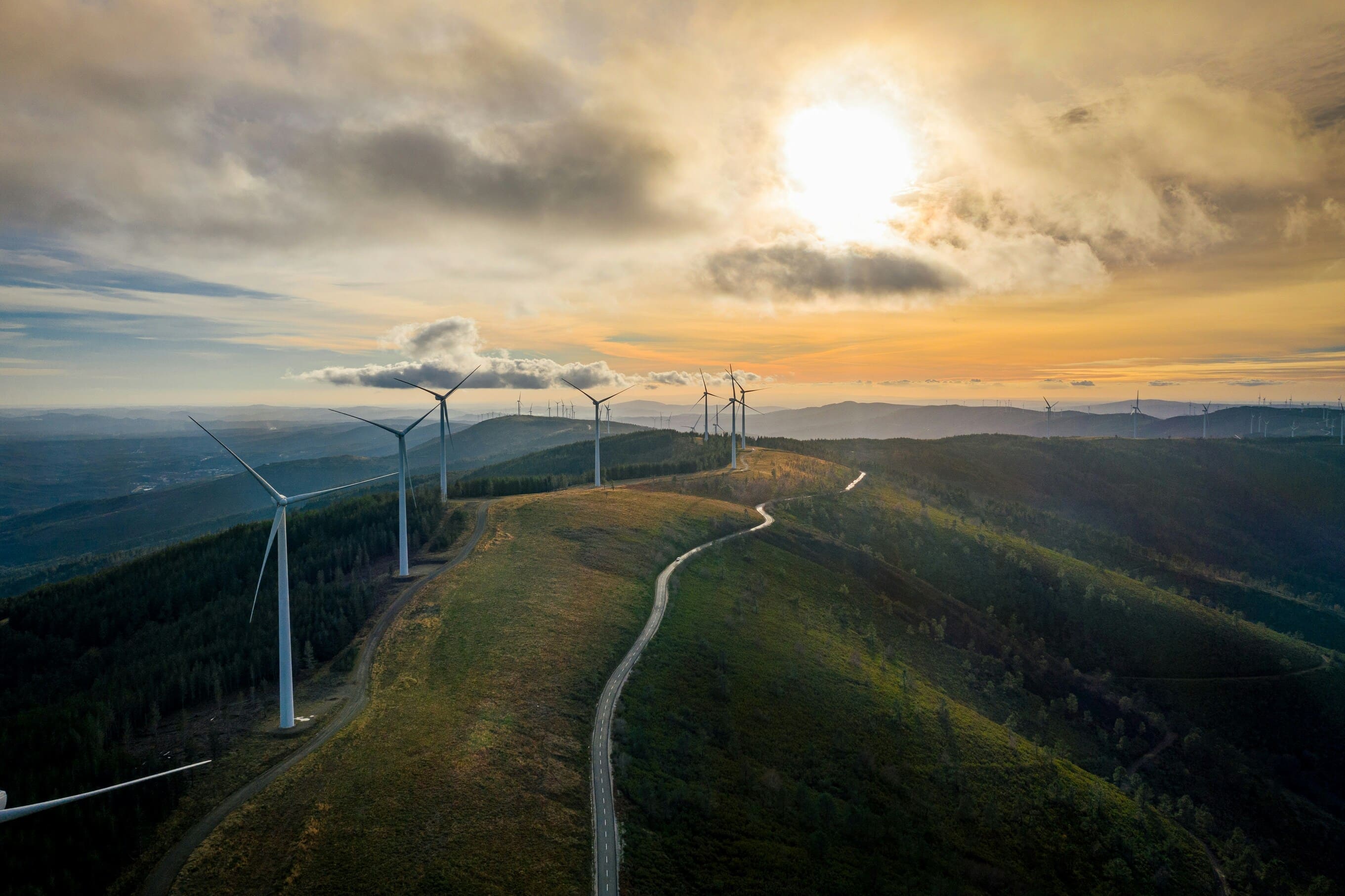Transformation trends in the Oil & Gas sector
The Oil & Gas market is among the major contributors to global pollution due to significant CO2...
Green energy is by definition a form of energy derived from natural sources.
Today we analyze the importance of renewable resources on the new energy production front, necessary to develop a more sustainable economy.
Energy produced from natural sources is referred to as "green energy", a more sustainable type of production.
Unlike traditional ones, it is obtained from renewable and inexhaustible sources such as sun, water, wind and biomass.
Currently, most of the electricity production comes from the use of fossil fuels, sources destined to run out over time.
Green energy is therefore a good opportunity because it generates clean electricity, using technologies with low environmental impact.
It is characterized by minimal emissions of polluting gasses and greater production efficiency, since the plants are often installed near the places of consumption.
For some years now, the renewable energy sector has been undergoing an unprecedented phase of development, encouraged by the growing interest of European countries in seeking new energy alternatives.
The importance of alternative energy sources also has other advantages: besides the environmental one, it is also linked to resilience.
We are talking about energy resilience, a strategy that aims to ensure a reliable and long-term energy supply.
For companies it becomes a necessity since it represents a source of supply that does not cause impediments in production and greater protection from the instability of prices and energy contract conditions.
It can therefore be considered a kind of "emergency plan", to counter situations of interruptions linked to natural disasters or geopolitical situations that cannot be controlled.
In this context too, diversifying the risk of energy supply offers a beneficial potential to offer energy continuity to businesses.
Adapting to a changing environment puts a strain on businesses.

To mitigate the risks, the solution is to adopt new energy friendly production processes in your strategy that can be the first step towards greater business resilience.
It therefore becomes essential to generate energy from renewable sources and use it for business consumption and processes: resilience includes self-consumption.
The need to gradually abandon fossil fuels and integrate renewable ones is shared by many countries in the world.
However, for a truly sustainable use, renewable energy should be used in all processes, from production to supply.
Achieving a zero-carbon economy is a proposal that for years has seen additional measures to reduce environmental impact.
A model of production and consumption that promotes sustainable development is the green economy, a solution that aims to counteract the damage of industrial production.
In addition, the green economy foresees sustainable economic growth that favors the reduction of the surrounding pollution to the advantage of other types of economic activities.
By green economy we also mean the creation of economic, technological and "cultural" measures that include a conscious consumption of energy and the need to reduce waste.
Among the tools of the green economy we find precisely the increase of energy efficiency through the use of renewable sources and the reduction of gas emissions.
A type of economy that is totally opposed to the past, linked to a market that has as its only goal the exponential growth of GDP.
Projects related to the optimisation of resources are currently being analyzed, but proposals for implementing the ecological transition objectives will not fail to arrive.
The Oil & Gas market is among the major contributors to global pollution due to significant CO2...
The potential and challenges associated with hydrogen production have intrigued businesses involved...
Secular trends, or "long-term trends," are topics that require attention for strategic long-term...